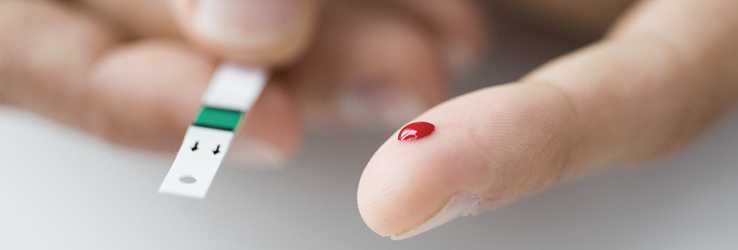Care For Your Teeth
Mouth care is one of the most basic aspects of personal care. However, it tends to be neglected...
Types of Diabetes
Diabetes is a disorder that affects blood glucose levels. There are a few different types of diabetes, some...
How to avoid hypertension?
What is blood pressure? Your heart pumps blood. Blood pressure is the force of blood against your blood vessels...
How to avoid Zika Virus
What is Zika Virus Zika virus disease (Zika) is a disease caused by Zika virus that is spread to...




